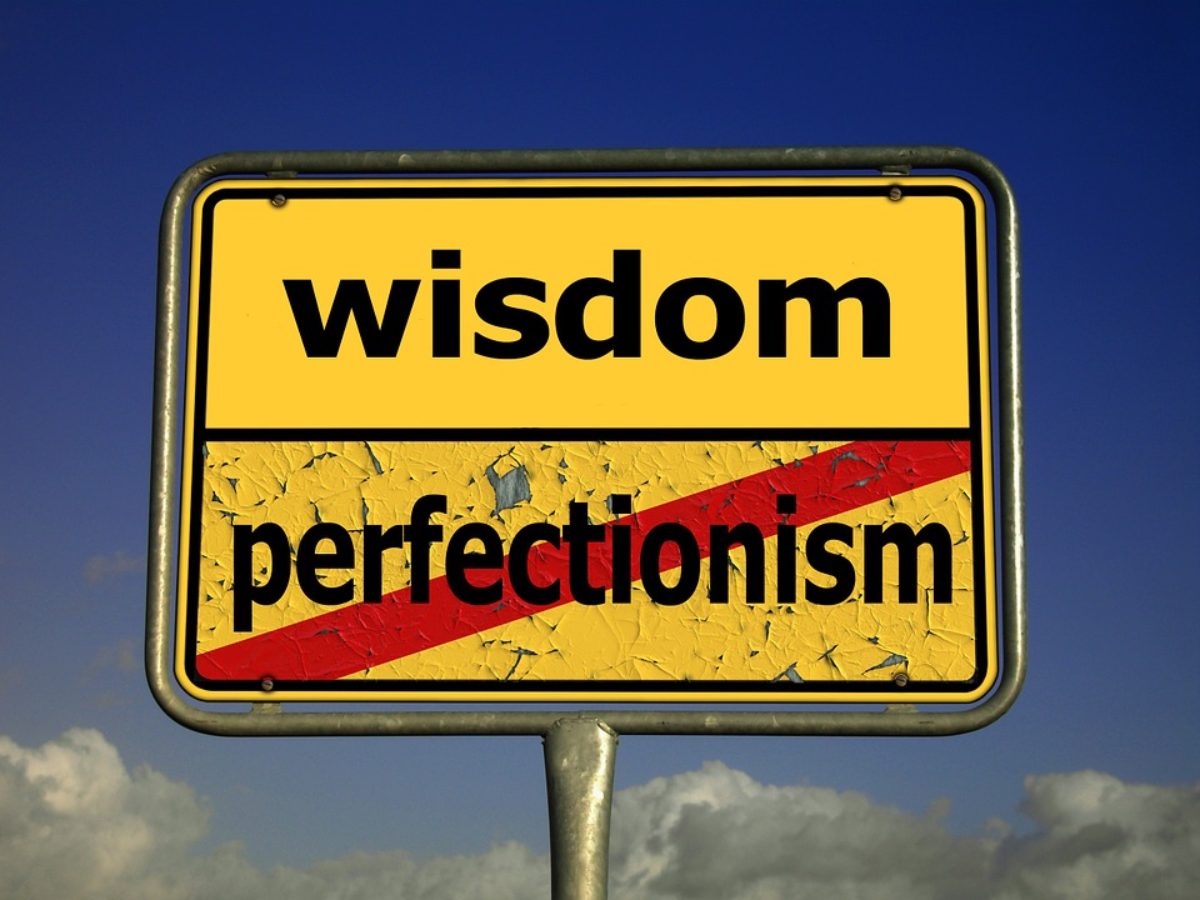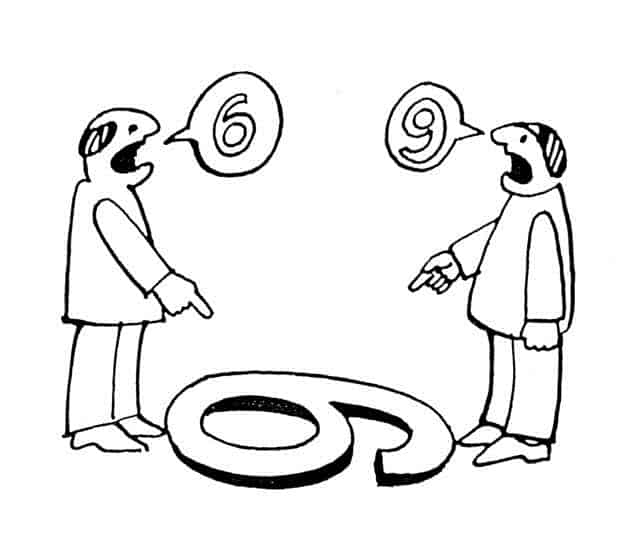
Wise reasoning is an essential skill in a society full of challenges, polarisation, and controversy. It can help you keep things in perspective and calm your nerves through stressful times, as well as instill sound judgment when things get ugly.
Despite the steady flood of information, you are probably not much better educated. It may appear as if you’re looking for a needle in a haystack of information, but the haystack only keeps getting bigger. As the saying goes, “We are drowning in information while thirsting for wisdom.”
Handling things and acquiring first-hand experience are the sources of wisdom. One must step outside his comfort zone to make mistakes, correct them, and travel down various paths.
The good news is that you can grow your wisdom, and wisdom isn’t just for the elderly, contrary to the common notion. It’s a skill that can be learned and developed. When you need to stay grounded in your personal life, wisdom can help. When you want to feel more in control, it can help you avoid burnout. It can also assist in making more inspired decisions.
It is not an ingrained quality, but rather one that is gained over time by learning and passing through the stages of life on one’s own.
What does it take to be Wise? Here are 5 Ways
- Know your Boundaries
Recognizing the boundaries of your knowledge and reminding yourself that you don’t have all the answers is one of the first stages toward becoming wise. Your perspective is limited by your own experiences and vantage points by definition. What may appear to you to be the truth may be completely different for others. You’ve probably heard the ideas before, but the capacity to put them into practice is the true test of knowledge.

Wisdom is also demonstrated by a willingness to recognize mistakes and modify your mind as fresh information comes to light. The sunk cost fallacy states that people are more devoted to a course of action or a belief if they’ve invested a significant amount of energy or time in it.
- Acknowledge Other’s Perspective
The gestalt cortex is a part of the brain that analyses and interprets information. When others express opposing viewpoints, the brain may perceive this as a threat to its reality and respond with anger or fear. Furthermore, the brain uses shortcuts and may discount or dismiss difficult-to-process information, making it harder to see and accept other people’s points of view.

The implication is that knowledge needs intentionality—seeking to understand people and respecting different perspectives. When accompanied by listening and a sincere desire to learn from others’ views, controversy can be a vehicle for learning. Compromise will be the fuel for progress.
- Trust your Gut
People who paid more attention to their heart rates made better decisions, according to a study from the University of Waterloo. You could think of knowledge as entirely driven by the mind, but it also has a heart component.

Examine your reactions to a situation and follow your instincts. Evaluate the situation rationally before adding a touch of intuition and emotion. When you’re conscious of your reactions, you can gain insights into your values and passions, allowing you to make better decisions.
- Distance Yourself
A distance viewpoint can be extremely beneficial in the development of wisdom. People made better decisions when they thought of themselves in the third person, according to simulation research from the University of Waterloo. The third person assisted them in thinking more objectively and removing the personalization that clouded their judgment.

The takeaway message is this: When faced with a difficult decision, step back and view yourself from a less emotional, more detached perspective. What would you do in the long run? Or, rather, what would someone else do? What will you think of this decision when you look back on it later? These types of questions can assist you in gaining perspective and becoming wiser.
- Be aware of Varied Contexts
Considering numerous settings and how they vary and change through time is another approach to expanding your wisdom. It’s a good idea to make decisions based on the current situation, temperature, and weather. However, extending your horizons is preferable. Think about how your choice will be received in future situations and how it will affect individuals over time.

Consider the consequences of any decision. What influence might your project’s activities have on another department or a future project? What impact might your decisions on a policy or practice have on other communities in the area?
Keep reading:
Mortgage Rates Drop after FED Latest Announcement